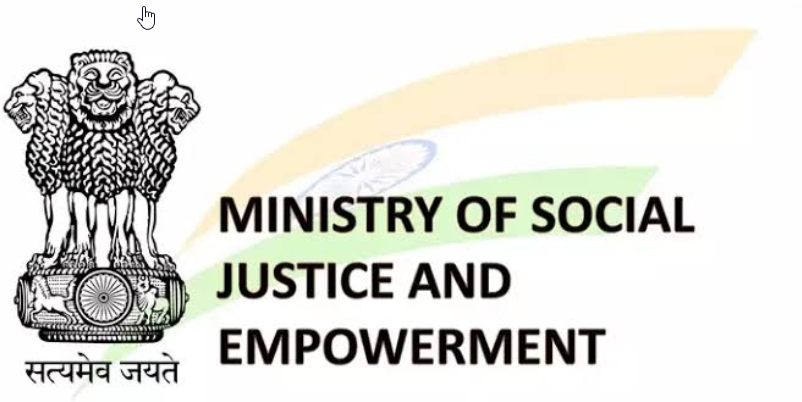Ministry of Social Justice and Empowerment
The Ministry of Social Justice and Empowerment is a ministry of the Government of India that is responsible for the welfare, social justice, and empowerment of disadvantaged and marginalized communities in India. The ministry works towards promoting the social, educational, and economic development of these communities, with a focus on providing them with equal opportunities and protecting their rights.
History
The Ministry of Social Justice and Empowerment was formed in May 1998, through the bifurcation of the erstwhile Ministry of Welfare. The ministry was created to give greater focus and attention to the issues of social justice and empowerment, particularly for the Scheduled Castes (SCs), Scheduled Tribes (STs), Other Backward Classes (OBCs), minorities, and persons with disabilities.
Departments and Divisions
The Ministry of Social Justice and Empowerment comprises two departments:
- Department of Social Justice and Empowerment: This department is responsible for the welfare and development of the Scheduled Castes, Other Backward Classes, senior citizens, victims of substance abuse, and transgender persons. It implements various schemes and programs for their educational, economic, and social empowerment, such as scholarships, skill development, and entrepreneurship support.
- Department of Empowerment of Persons with Disabilities: This department works towards the empowerment of persons with disabilities through policies, programs, and initiatives that promote their rights, accessibility, and inclusion in society. It also implements the provisions of the Rights of Persons with Disabilities Act, 2016.
Key Schemes and Initiatives
The Ministry of Social Justice and Empowerment implements several schemes and initiatives for the welfare and empowerment of disadvantaged and marginalized communities. Some of the key schemes include:
- Post Matric Scholarship Scheme for Scheduled Castes: This scheme provides financial assistance to Scheduled Caste students pursuing higher education, to help them complete their studies and improve their employability.
- National Fellowship for Scheduled Castes: This scheme provides financial assistance to Scheduled Caste students pursuing M.Phil. and Ph.D. courses, to encourage them to pursue higher education and research.
- Pradhan Mantri Adarsh Gram Yojana: This scheme aims to develop model villages with a high concentration of Scheduled Caste population, by providing them with basic amenities, infrastructure, and economic opportunities.
- Accessible India Campaign: This campaign aims to make the built environment, transportation, and information and communication technology accessible to persons with disabilities, to promote their inclusion and participation in society.
- National Action Plan for Skill Development of Persons with Disabilities: This initiative aims to provide skill development and vocational training to persons with disabilities, to improve their employability and economic independence.
- Rashtriya Vayoshri Yojana: This scheme provides assisted living devices and aids to senior citizens belonging to BPL (Below Poverty Line) category, to improve their quality of life and promote their independence.
- SMILE (Support for Marginalized Individuals for Livelihood and Enterprise): This scheme aims to provide welfare and rehabilitation services to transgender persons, persons engaged in begging, and other marginalized individuals, to help them lead a life of dignity.
Collaboration with Other Ministries
The Ministry of Social Justice and Empowerment works in collaboration with other ministries and departments of the Government of India to ensure a coordinated and comprehensive approach towards the welfare and empowerment of disadvantaged and marginalized communities.
Constitutional Provisions
The Constitution of India contains several provisions that aim to promote social justice and empowerment of disadvantaged and marginalized communities. Some of the key provisions include:
- Article 14: Equality before law and equal protection of laws.
- Article 15: Prohibition of discrimination on grounds of religion, race, caste, sex, or place of birth.
- Article 16: Equality of opportunity in matters of public employment.
- Article 17: Abolition of untouchability and prohibition of its practice in any form.
- Article 46: Promotion of educational and economic interests of Scheduled Castes, Scheduled Tribes, and other weaker sections.
The Ministry of Social Justice and Empowerment is responsible for implementing these constitutional provisions and ensuring that the rights and interests of these communities are protected.
The Ministry of Social Justice and Empowerment plays a crucial role in promoting the welfare, social justice, and empowerment of disadvantaged and marginalized communities in India. Through its various schemes, initiatives, and collaborations with other ministries, the ministry works towards building an inclusive society where all individuals have equal opportunities for social, educational, and economic development.


